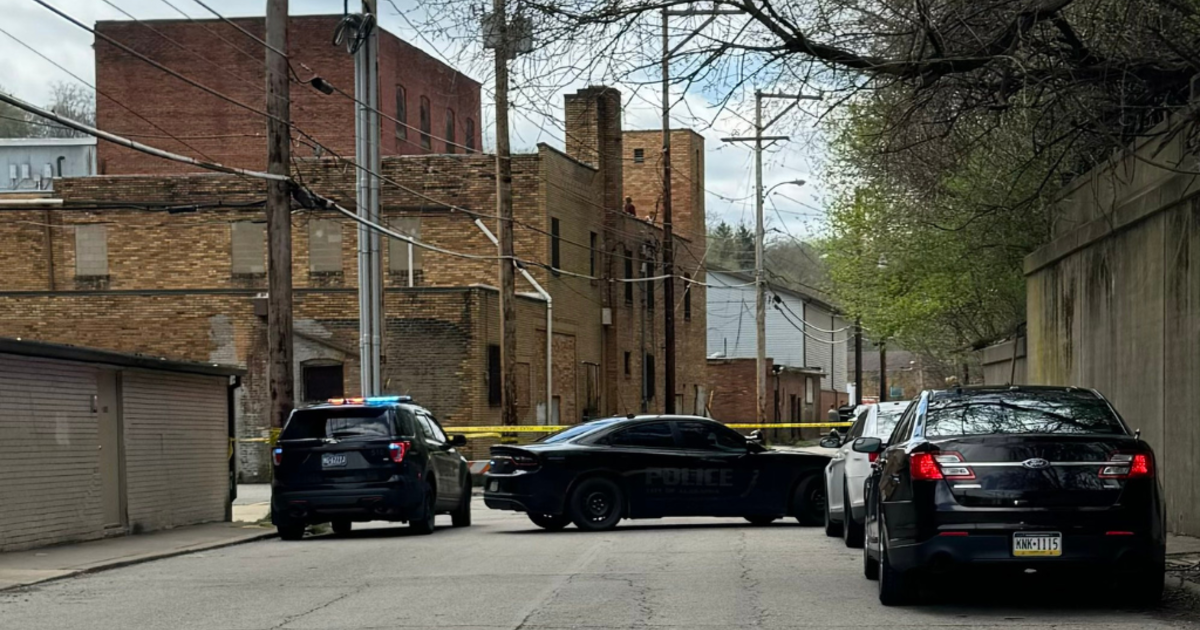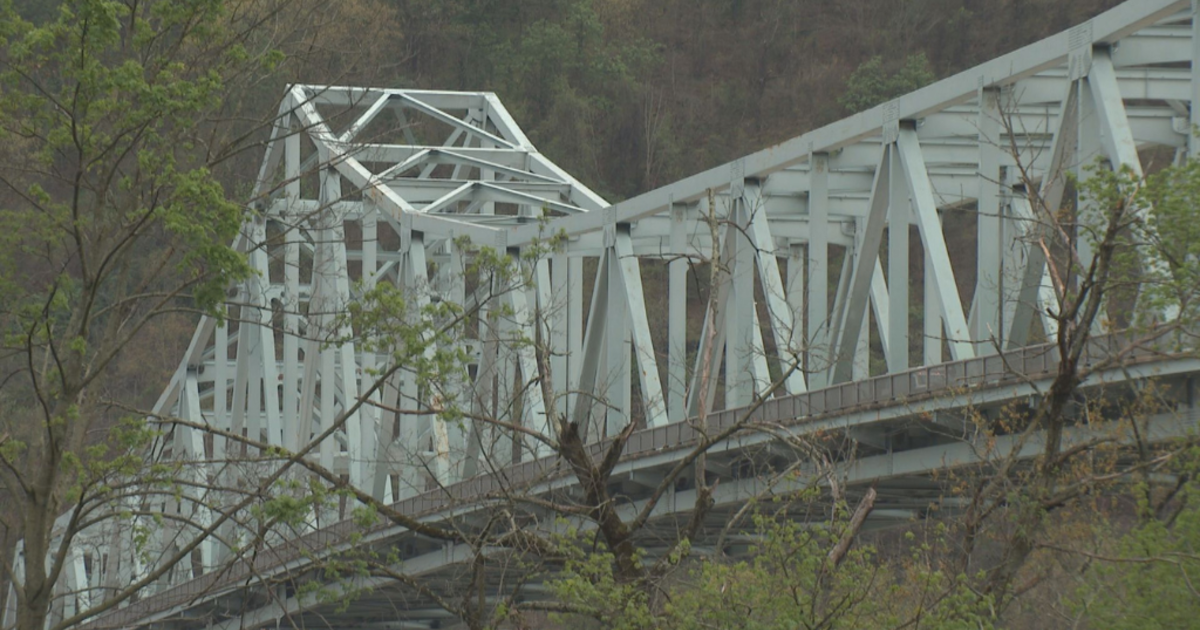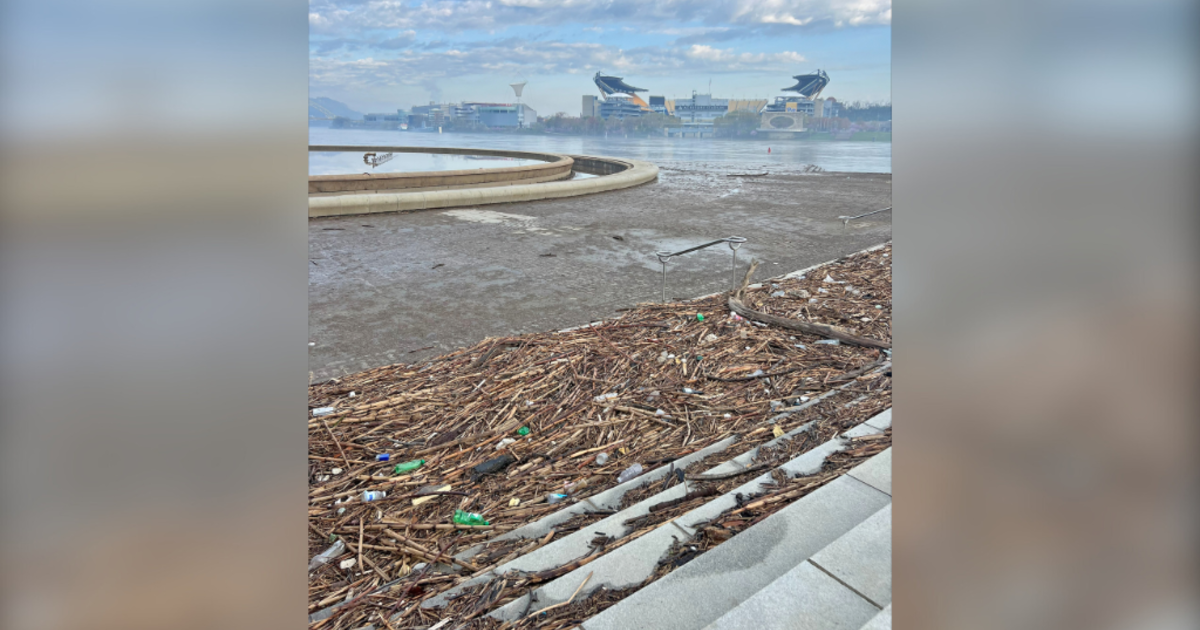Is SWAT Called Too Often?
PITTSBURGH (KDKA) -- Stanton Heights -- April 4th 2009 -- three Pittsburgh police officers are murdered by Richard Poplawski -- searing in the mind of every officer the ever-potential and hidden dangers of police work.
"After the April 4th incident, we certainty became more cognizant of the dangers and the safety factor on these kind of calls and we realized that there is really no such thing as a routine call," Deputy Chief Paul Donaldson said.
That day the city SWAT team pounded the Poplawski house with fire before storming it and subduing the gunman.
Since then, SWAT has been called out frequently to potentially violent situations, including just this week on Murray Avenue in Squirrel Hill when they subdued a reportedly mentally ill man holed up in his apartment with a knife.
In 2009, SWAT was deployed 96 times. In 2010, that number jumped to 120 deployments and last year SWAT was called out 145 times. That increase has the police brass looking at whether the tactical unit is being called out too often.
"What we are looking at is if there is justification for all of the callouts," Donaldson said.
Donaldson says it's always a difficult call and there are no hard and fast rules. A police commander must evaluate the potential danger of the situation and measure that against the cost in money and manpower.
Donaldson says frequent callouts can lead to exhaustion and burnout of the SWAT officers themselves, and while overtime records were not available, he said premium pay is also a consideration.
"I don't want to be pennywise and safety foolish," Donaldson said. "No one wants to take the responsibility when someone is injured, but we have to use the resources that we available to us. We do have to use them effectively and efficiently so we will take a look at it? Yes."
And while the need for a SWAT call out last month at Western Psych is obvious, critics may be quick to point out some callouts based on erroneous information did not ultimately prove to be threatening to the public.
Still, FOP president and SWAT team member Sgt. Michael Laporte says all situations are potentially dangerous.
"Every situation is different tense, uncertain, rapidly evolving," he said. "I think to err on the side of safety is always better for the safety of the public and our officers. "
And that is the concern. That potential and hidden danger is always there, and while cost is a consideration, Chief Donaldson says that safety of the public and the officers will always trump cost.
RELATED LINKS
More Local News
Pittsburgh Bureau of Police



